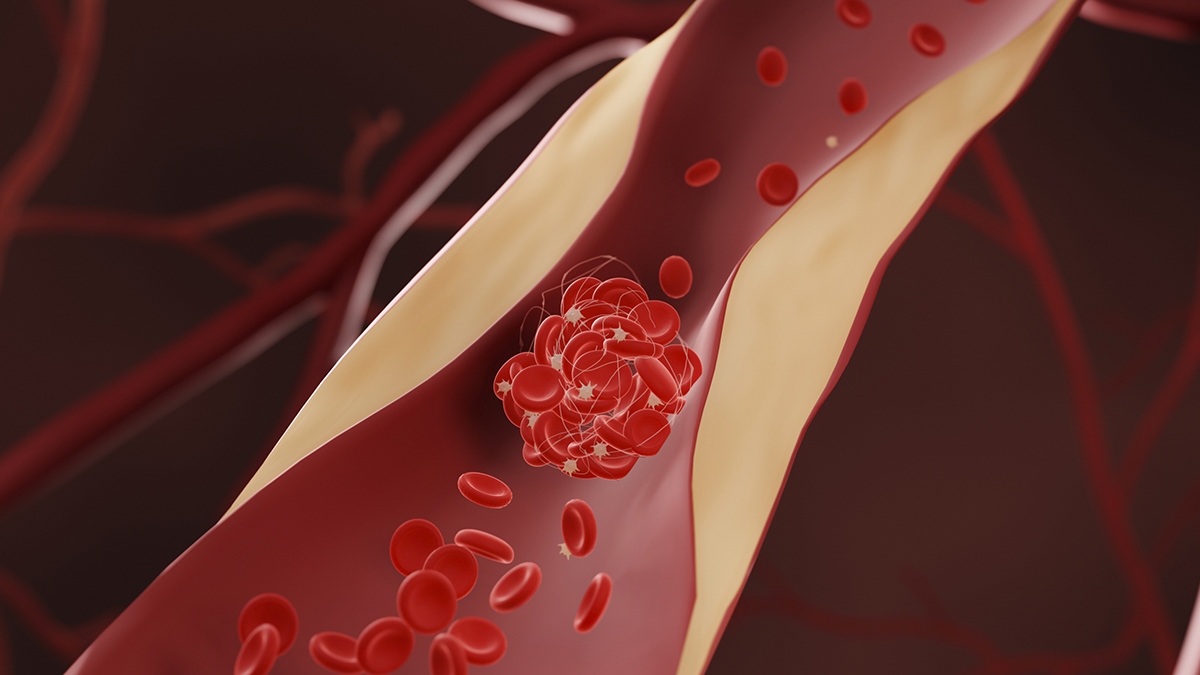
Drugs That Lower Cholesterol May Also Reduce Dementia Risk, Says Huge New Study : ScienceAlert
Reducing cholesterol levels might not just be good for your heart; they might also be effective at reducing your risk of dementia, according to a comprehensive meta-analysis involving close to a million participants.
The results imply that medications commonly taken to reduce cholesterol levels, including statins and ezetimibe, may also have benefits for our cognitive health.
Led by researchers from the University of Bristol in the UK and the Copenhagen University Hospital in Denmark, the study builds on previous research linking ‘bad’ cholesterol (low-density lipoprotein cholesterol or LDL-C) and dementia.
Related: How You Make Your Coffee Could Affect Your Cholesterol Levels
It’s not a new idea, but this latest research gives us one of the most detailed datasets and strongest pieces of evidence yet that the association exists – and that treatments could potentially tackle both problems at once.
“The present data suggests that cholesterol lowering earlier in life likely will reduce the risk of dementia later in life,” write the researchers in their published paper.
This study didn’t track people taking medication for high cholesterol. Instead, it used genetic variants that tend to lower cholesterol as a stand-in for a lifetime of taking drugs like statins – an approach known as Mendelian Randomization.
A key benefit of comparing genes is that it eliminates the influence of factors such as diet and exercise, which are harder to track with precision.
The team found a notable correlation between genetics that predicted low cholesterol and a lower risk of dementia, suggesting the biological paths affected by genes that keep cholesterol low – and which are targeted by statins and ezetimibe – also influence the likelihood of dementia.
“What our study indicates is that if you have these variants that lower your cholesterol, it looks like you have a significantly lower risk of developing dementia,” says clinical biochemist Liv Tybjærg Nordestgaard, who was at the University of Bristol during the course of the study.
By using a Mendelian Randomization approach in combination with a large dataset, the study could confidently show that having these genes, and therefore lower cholesterol levels, was likely to be the reason individuals had a reduced risk of dementia.
The researchers suggest atherosclerosis – a build-up of fatty cholesterol deposits in the blood vessels – may represent a critical feature of the pathology. That in turn could lead to brain damage, and we know that certain types of dementia are driven by problems with the brain getting enough blood.
The researchers hope to see clinical trials in which the cholesterol drugs can be administered and their brain-protective effects can be observed to confirm the link identified in this research.
“It would be a really good next step to carry out randomized clinical trials over 10 or 30 years, for example, where you give the participants cholesterol-lowering medication and then look at the risk of developing dementia,” says Nordestgaard.
The research has been published in Alzheimer’s & Dementia.
First Appeared on
Source link







